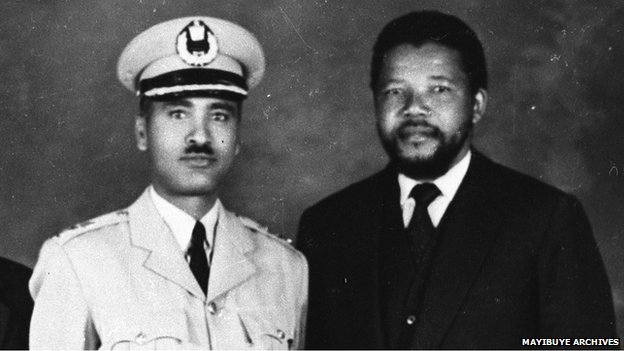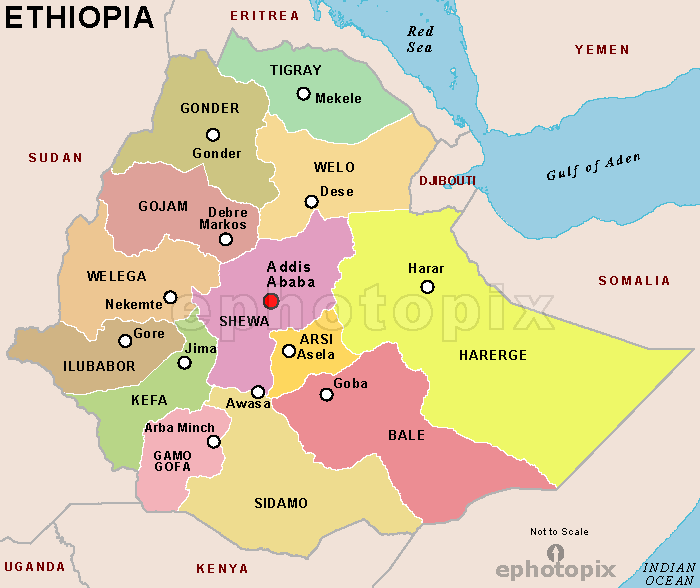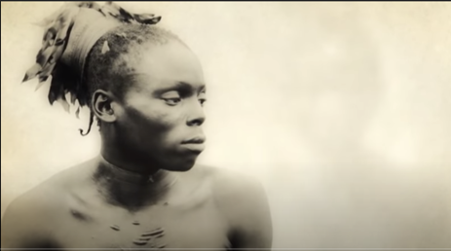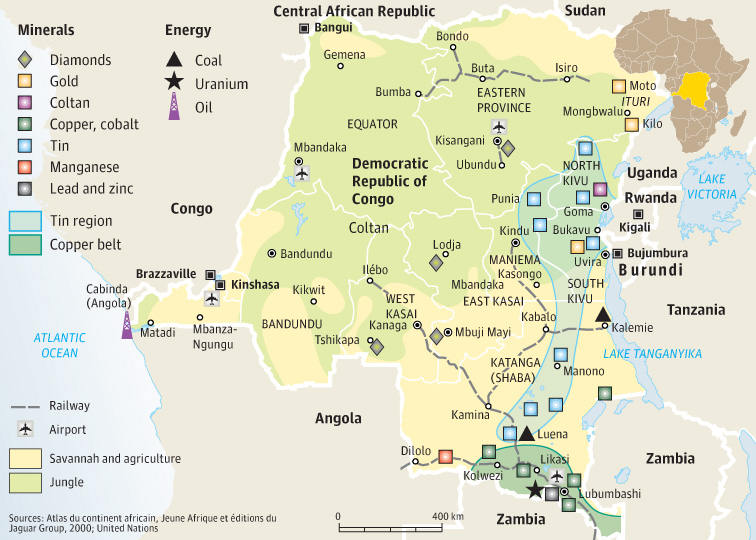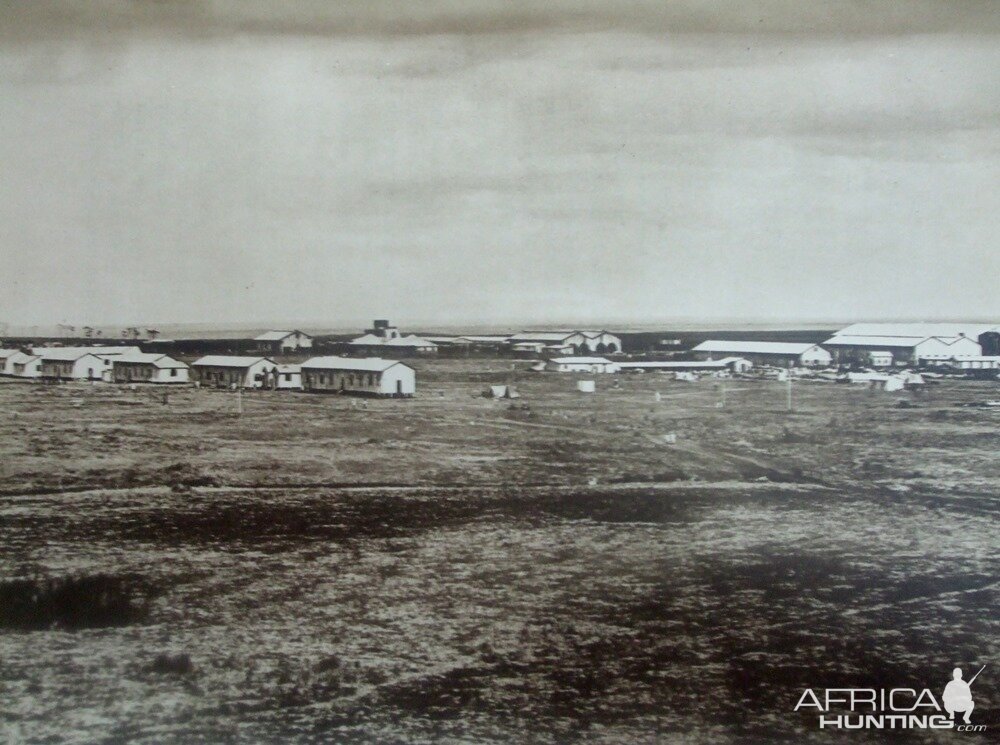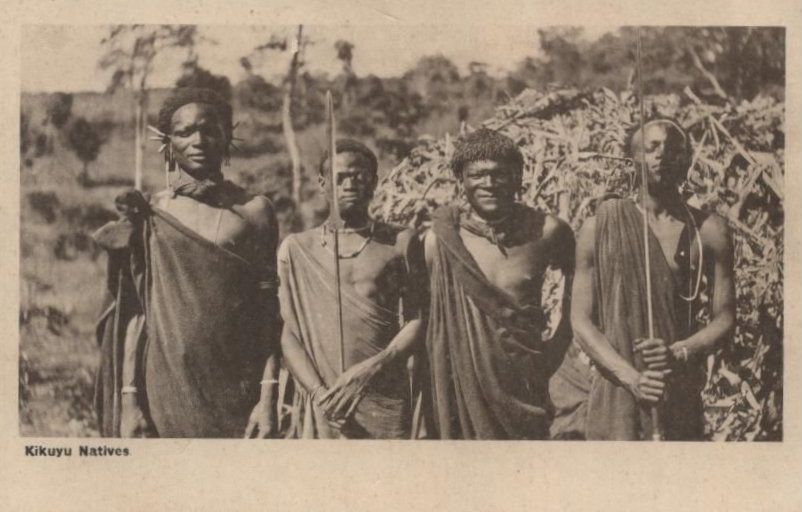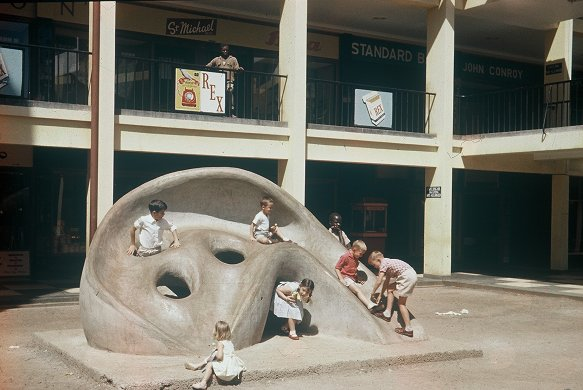First, it was decided the project will be initiated as a public-private partnership (PPP) to escape procurement scrutiny that comes with open tenders.
1/
A short thread on organised crime in government
nation.africa/kenya/news/sh6…
1/
A short thread on organised crime in government
nation.africa/kenya/news/sh6…
2/
As soon as the project was approved, they quickly abandoned the PPP and started an international open tender.
The tenders were then crafted in such a way that a select number of local companies were looped in through the backdoor as subcontractors of original manufacturers.
As soon as the project was approved, they quickly abandoned the PPP and started an international open tender.
The tenders were then crafted in such a way that a select number of local companies were looped in through the backdoor as subcontractors of original manufacturers.

3/
Cabinet Secretary James Macharia, who was in charge of the health docket when the contracts were awarded, and Dr Muraguri, disowned an inflated price list submitted by his successor Sicily Kariuki, according to the parliamentary report. The two gave their own price lists
Cabinet Secretary James Macharia, who was in charge of the health docket when the contracts were awarded, and Dr Muraguri, disowned an inflated price list submitted by his successor Sicily Kariuki, according to the parliamentary report. The two gave their own price lists

4/
It would have been impossible to tell this story without the help of whistleblower Bernard Muchere, an internal auditor and anti-fraud expert who revealed the 2016 Afya House scandal.
standardmedia.co.ke/kenya/article/…
It would have been impossible to tell this story without the help of whistleblower Bernard Muchere, an internal auditor and anti-fraud expert who revealed the 2016 Afya House scandal.
standardmedia.co.ke/kenya/article/…
5/
Bernard Muchere
“The MES contracts were fraud ab initio. The fraud was schemed through initiation as PPP projects, after which the contracts were unlawfully converted into commercial contracts, shifting the financing responsibility from the managed equipment provider to GOK”
Bernard Muchere
“The MES contracts were fraud ab initio. The fraud was schemed through initiation as PPP projects, after which the contracts were unlawfully converted into commercial contracts, shifting the financing responsibility from the managed equipment provider to GOK”

6/
Beware PPPs...
His team was denied access to the contractual documents, which contained detailed information, confining them to scanty information on the payment documents.
The PPP subterfuge is the same way the Standard Gauge Railway tender was done.
Beware PPPs...
His team was denied access to the contractual documents, which contained detailed information, confining them to scanty information on the payment documents.
The PPP subterfuge is the same way the Standard Gauge Railway tender was done.
7/
When the contracts were being awarded, there was no budget for the MES project in the first three years — 2013/2014, 2014/2015 and 2015/2016.
To deal with the lack of budget, the Ifmis cashbook shows that payments were made under Hire of Equipment, Plant and Machinery account
When the contracts were being awarded, there was no budget for the MES project in the first three years — 2013/2014, 2014/2015 and 2015/2016.
To deal with the lack of budget, the Ifmis cashbook shows that payments were made under Hire of Equipment, Plant and Machinery account
8/
It was not until the 2016/2017 financial year that the government provided a budget for the MES contracts. This was captured under account No. 1081104401 – Managed Equipment Service-Hire of Medical Equipment for 98 Hospital – 2210600 Rentals of Produced Asset.
It was not until the 2016/2017 financial year that the government provided a budget for the MES contracts. This was captured under account No. 1081104401 – Managed Equipment Service-Hire of Medical Equipment for 98 Hospital – 2210600 Rentals of Produced Asset.
9/
But the first red flag was when the equipment was subcontracted, given that it was not clear what specialised work the subcontractors were to provide.
Records of payments shown in the Ifmis cashbook reveal that the MES contract might have been a fraud.
But the first red flag was when the equipment was subcontracted, given that it was not clear what specialised work the subcontractors were to provide.
Records of payments shown in the Ifmis cashbook reveal that the MES contract might have been a fraud.
10/
On August 21, 2015, Bellco Sri Ltd was paid Sh258.7 million. Auditors felt this was a fraud because the contracted company was Bellco SRL (Italy), but the payment was made to Bellco Sri Ltd.
On August 21, 2015, Bellco Sri Ltd was paid Sh258.7 million. Auditors felt this was a fraud because the contracted company was Bellco SRL (Italy), but the payment was made to Bellco Sri Ltd.
11/
In the same pattern, Mindray Medical Kenya Ltd was paid Sh157.5 million on behalf of Chinese firm Shenzhen Mindray Biomedical Electronics Company, the main contractor.
In the same pattern, Mindray Medical Kenya Ltd was paid Sh157.5 million on behalf of Chinese firm Shenzhen Mindray Biomedical Electronics Company, the main contractor.
12/
“This demonstrates that, the condition of inviting bids from the original manufacturers might have been a ploy to prevent other local firms from tendering for the contracts, enabling the schemers to direct the contracts to a few selected local firms,” - Muchere
“This demonstrates that, the condition of inviting bids from the original manufacturers might have been a ploy to prevent other local firms from tendering for the contracts, enabling the schemers to direct the contracts to a few selected local firms,” - Muchere
13/
Your favourite lawyers...
Like the financial advisory services, legal advisers are not provided for under the procurement law. This raises a red flag as to whether procurement of the Iseme, Kamau and Maema Advocates at a cost of $560,000.00 (Sh60.4 million) was lawful.
Your favourite lawyers...
Like the financial advisory services, legal advisers are not provided for under the procurement law. This raises a red flag as to whether procurement of the Iseme, Kamau and Maema Advocates at a cost of $560,000.00 (Sh60.4 million) was lawful.
14/
The other challenge the fraudsters had was how to make sure counties pay for the equipment. To deal with this, Afya House sneaked the programme to be accounted for under the conditional grants, despite not meeting the criteria.
The other challenge the fraudsters had was how to make sure counties pay for the equipment. To deal with this, Afya House sneaked the programme to be accounted for under the conditional grants, despite not meeting the criteria.
@waweru - Boss, unakumbuka zile siku za kupewa msomo na matusi juu ya hii MES...? Wueh!
Time always reveals everything nakwambia....😂
Time always reveals everything nakwambia....😂

• • •
Missing some Tweet in this thread? You can try to
force a refresh



